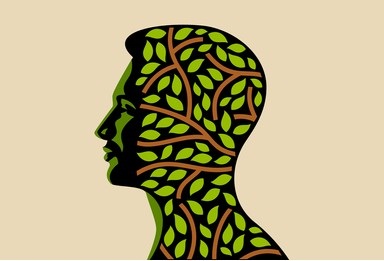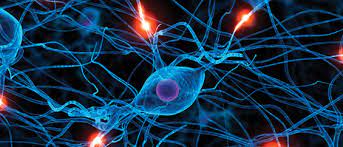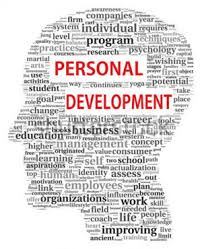
Qualitative Research Methods
Course Outcomes:
CO1: Understand the tradition of qualitative research in social sciences with an emphasis of
its applicability in psychology
CO2: Familiarize with the foundations and methods of qualitative research
CO3: Appreciate ethically sound qualitative research
CO4: Demonstrate appropriate skills on designing qualitative research
CO5: Demonstrate familiarity with data collection tools
CO6: Describe mixed research designs
CO7: Develop skills on transcribing, coding and analyzing qualitative data manually and using
NVivo
CO8: Equip the students to carry out writing research proposals and write their own research
reports

STRESS MANAGEMENT
UNDERSTANDING THE NATURE OF STRESS
CAUSES OF STRESS
COPING WITH STRESS
STRESS MANAGEMENT TECHNIQUES

Advanced Research Methodology
Dear students,
Welcome to the curse on Research Methodology/ Advanced Research Methodology.
Study materials regarding this course will be uploaded here.
All the best.
Regards
Tissy

ENVIRONMENTAL PSYCHOLOGY
INTRODUCTION TO ENVIRONMENTAL PSYCHOLOGY
ENVIRONMENTAL STRESS AND ENVIRONMENTAL ATTITUDES
PRO-ENVIRONMENTAL BEHAVIOR
INFLUENCE OF ENVIRONMENT ON HUMAN BEHAVIOUR

SKILL ENHANCEMENT ELECTIVES-PSYCHOLOGIST: Personal and Professional Development
Psychologist: Personal and Professional Development
Course outcomes:
Critically appraise the academic approach to mentoring
Understand aspects of self-directed behavior
Practice self-regulation of behavior, and improve the quality of life
Understand and develop important life skills for self enhancement
Evaluate the concepts involved in academic writing
Critically evaluate scientific publication

MPhil Consulting Psy- Clinical Psychology (PSY 713 (i))
AIM
• To introduce classification, diagnosis, assessment, psychotherapy, and models of mental health intervention for studying clinical phenomena.
• To understand principles of community intervention, consultation and mental health education
OBJECTIVE
The course introduces theoretical approaches to psychopathology followed by
classification of various mental disorders. Clinical assessment is an essential part of the
course wherein sufficient amount of training is planned in case history taking and mental
status examination. Empirically supported therapies for specific forms of
psychopathology are included from a biological, cognitive, and social perspective.
Psychological solutions to community-based social, mental health and environmental
problems are also offered by introducing principles and methods of community
interventions. Techniques for crisis intervention, functions of consultants and nonprofessionals in community and effectiveness of mental health education to the community
at large are covered. Demonstration of roles and responsibilities of clinical psychologists
as health care professionals and understanding of how clinical psychologists approach
mental health as a diversity issue in clinical psychology are provided which would enable
the students advance their clinical knowledge.

Current Issues and Trends in Psychology
The course deals with introducing to students, various multiple disciplines where concepts of psychology are effectively applied and practiced. The students are also exposed to newer developments in psychology such as health psychology, environmental psychology, psychology in social issues, psychology in crime and policing, trauma psychology and other emerging fields. The course also introduces students to positive psychology and its impacts on human functioning and mental health.











